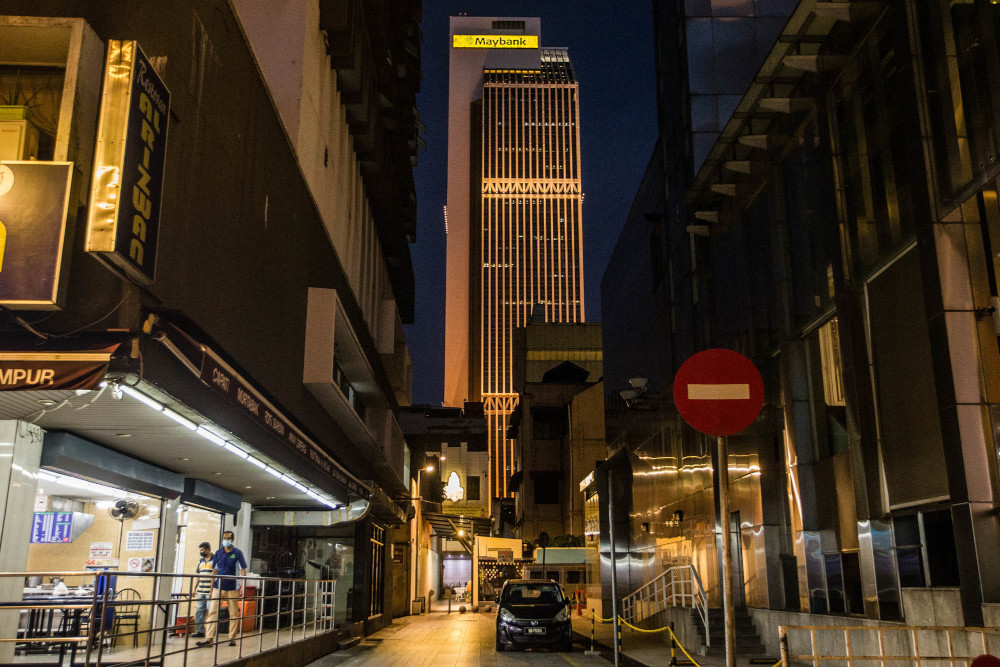KUALA LUMPUR, July 22 — S&P Global Ratings expects new Covid-19 waves to further delay business recovery for the domestic banking sector as the asset quality trend of Malaysian banks will stay weak over the next two years.
It said the new Covid waves, lockdowns and slow progress of the vaccination rollout could dampen economic recovery and weigh further on borrowers.
South and South-east Asia financial services ratings associate director Nancy Duan said the rating agency had also lowered Gross Domestic Product (GDP) projection for Malaysia this year to grow at 4.1 per cent, down from an earlier projection of 6.2 per cent in March 2021.
“Accordingly, we have lowered our forecast of industry loan growth to 4.0 per cent for 2021 from 6.0 per cent.
“That said, the government is pushing to accelerate the vaccine rollout. Effective containment of Covid-19 could support a solid economic rebound in 2022 that we forecast to grow 6.3 per cent,” she said in the Global Banking report today.
She noted that banks’ asset quality hinges critically on the employment situation in the country, given 58 per cent of the system’s loan book is exposed to the household sector.
“We expected the unemployment rate to remain largely stable despite some notable weakening from the pre-pandemic level of 3.0 to 3.5 per cent. In our view, the unemployment rate could peak at 4.8 per cent in 2021 before declining to 4.4 per cent in 2022, compared with 4.5 per cent in 2020,” she said.
As for the industry’s non-performing loan (NPL) ratio, it will likely rise to 3.0 to 4.0 per cent of gross loans by the end of 2022, compared with the reported 1.6 per cent as of end-April 2021, while credit costs will stay elevated at a cumulative 110 to 120 basis points (bps) over 2021 and 2022 combined, compared with 79 bps in 2020, said Duan.
She also noted that around 15 per cent of Malaysian banks’ loan book is covered under various targeted assistance measures.
Duan noted that while the government has recently announced a second six-month blanket moratorium for all individuals and small and medium enterprise (SME) borrowers from July onwards, however, there won’t likely be a substantial jump in the moratorium take-up rate, given the additional interest burden.
“Our base case assumes most weak credits are already covered by the ongoing targeted assistance programmes. In comparison, the moratorium take-up rate peaked at 75 to 80 per cent of the industry’s loan book during the first six-month blanket moratorium in 2020,” she shared.
On another note, she said Malaysian banks’ solid capital buffers of 14.6 per cent common equity Tier-1 ratio and still prudent dividend payouts are important mitigants that support current credit standing and ratings.
Therefore, she viewed that the pace of vaccination is the key risk mitigant to cap the short-term downside to the local banking sector.
The new aggressive Covid variants, she said, remain a notable risk to GDP growth next year.
“A more protracted economic recovery could translate into rising job market pressure and more asset quality pains for domestic banks,” she added. — Bernama






















